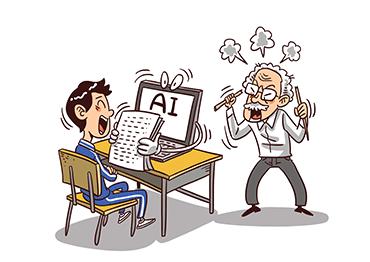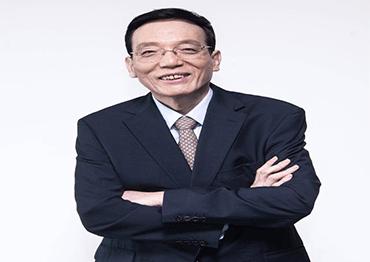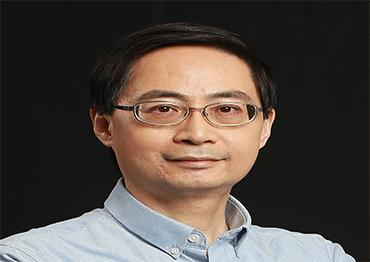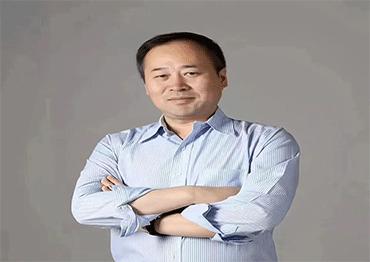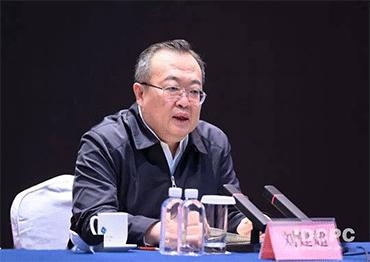“When students treat AI tools as ‘automatic writers’ or ‘answering machines,’ it reflects a misunderstanding of both the technology and the nature of education. The real value of AI in education should be its ability to inspire curiosity, critical thinking and communication skills.”
Liu Hong, researcher at the Fudan Development Institute, writing for Shanghai-based publication Social Sciences Weekly in June
“In recent years, China’s GDP per capita has come very close to the World Bank’s threshold for high-income countries, but has not yet reached it. This indicates the risk of the middle-income trap... At this stage, we must emphasize maintaining a moderate growth rate for the next five years. An annual target of 5 percent is ideal in the next five years, while 4 percent should be seen as the bottom line if we are to reach our development goals.”
Liu Shijin, former deputy director of the Development Research Center of the State Council, writing for the China Economic Times in June
“From the perspective of government funding, the US’s withdrawal [from the Paris Agreement and the Network of Green Financial System] has had little impact on sustainable finance. Countries and regions like China can play a bigger role and make greater efforts in standards setting, information disclosure, carbon markets development, as well as in credit enhancement and capacity building to better mobilize social and private capital to support sustainable investment against climate change.”
Ma Jun, director of the Beijing-based Institute of Finance and Sustainability (IFS), writing for magazine China Finance in June
“Some recent commentary has tried to downplay the importance of boosting consumption by questioning whether a ‘consumption- driven’ model even exists, or by making misleading comparisons... But when raised during a critical policy window, they risk reawakening the bureaucratic inertia for infrastructure-led investment, potentially leading to more inefficient or ineffective spending, further distorting demand structure and wasting public resources.”
Teng Tai, director of private non-profit organization the WANB Institute, writing on its official WeChat account in June
“After 80 years, we are once again seeing the return of traditional security threats and the persistence of war and conflict. China’s 80th anniversary [of victory in the Chinese People’s War of Resistance Against Japanese Aggression and the World Anti-Fascist War] offers the world an opportunity to come together and reflect on how to realize an effective and long-lasting security framework that truly ensures peace.”
Liu Jianchao, minister of the International Department of the Central Committee of the Communist Party of China, responding to a question from The Paper at the 13th World Peace Forum in Beijing on July 3
“In the future, the international monetary system may continue evolving to where a few major currencies coexist, compete and balance one another... Promoting the special drawing right (SDR, international reserve assets maintained by the International Monetary Fund) as a leading international currency would require strong political consensus among member states, which is difficult under current global conditions... We could work toward more regular SDR issuances and encourage participation from the private sector and market entities to expand the SDR’s use in international trade, finance and investment...”
Pan Gongsheng, governor of the People’s Bank of China (PBoC), speaking at the 2025 Lujiazui Forum in Shanghai in June
“Employment data shows that young people (especially university graduates) face big difficulties. Many are underemployed, working jobs below their expertise or are overworked. Since the end of the pandemic, employment confidence index has not risen in line with the unemployment rate back to the historical average. In fact, it has continued to fall and remains below pre-2022 levels.”
Sun Mingchun, deputy chairman of the Chinese Financial Association of Hong Kong and Chen Weixuan, senior researcher at Tencent Research Institute, writing for financial publication Yi Magazine in June
“Writers should not limit themselves to rigid ideas about the market. The belief that ‘audiences only want popular themes’ actually comes from writers’ own limited perspectives.”
Screenwriter Li Xiao, speaking at a forum during the 2025 Shanghai Television Festival in late June
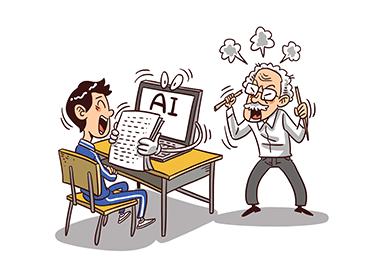
 Old Version
Old Version
